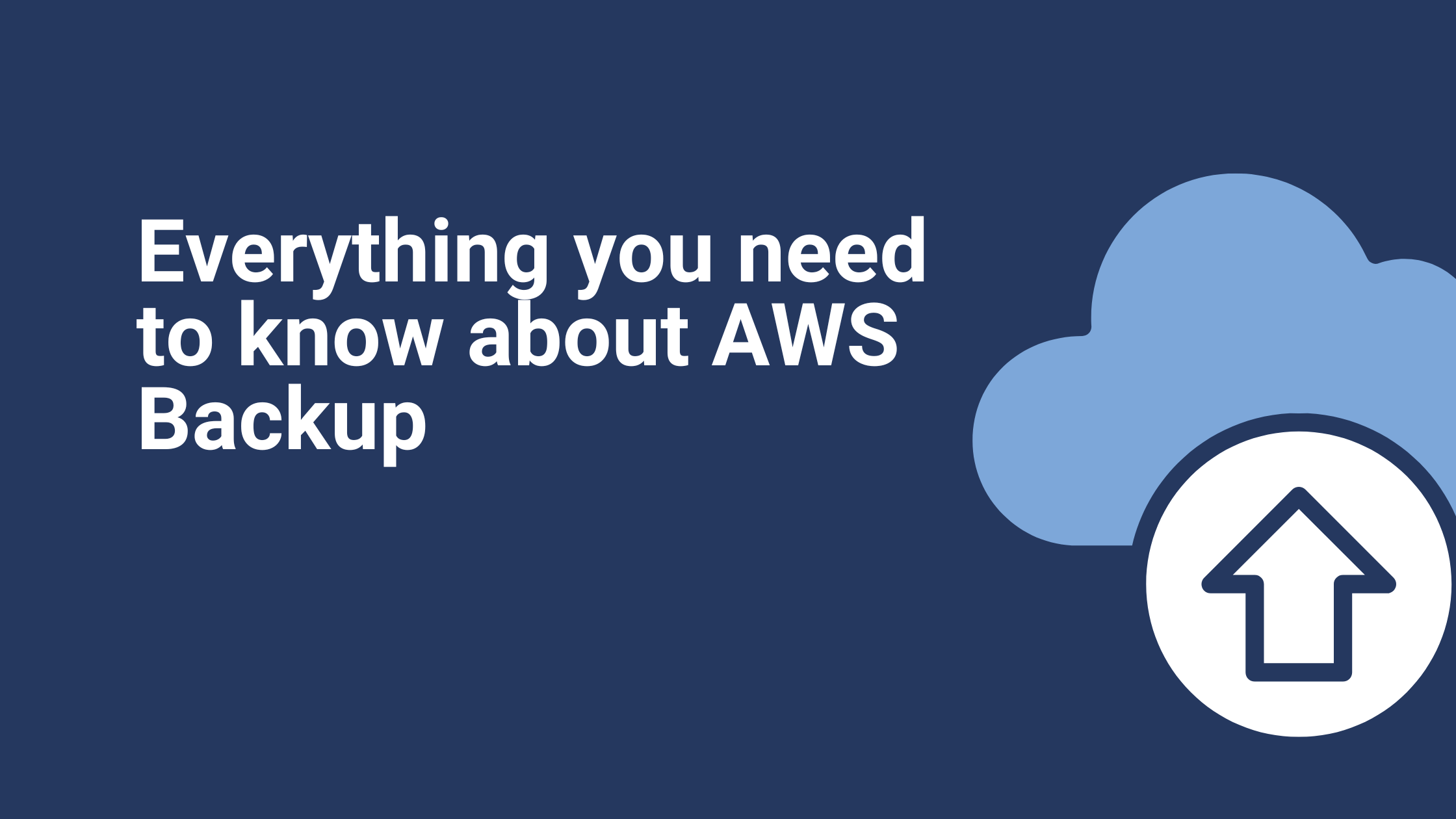A Digital Disruption & DevOps Revolution
Gartner IT Glossary sums up the definition of ‘digital disruption’ as “an effect that changes the fundamental expectations and behavio[u]rs in a culture, market, industry or process that is caused by, or expressed through, digital capabilities, channels or assets”. This is a rather mild definition. Digital disruption has been utterly transformative in certain sectors. Take Netflix’s digital disruption of the movie rental business. By grasping the technology bull with both hands and adapting to online streaming early on in their business model, the company completely subverted its biggest competitor in the game Blockbuster in a dramatic landslide precedent that has yet to be seconded.
Adapting to New Trends in Buyer Behavior
Though Blockbuster dominated the movie rental sector throughout its early years, Netflix’s digital disruption was swift and fatal. By failing to embrace evolving technology and maintaining a stagnant business model in the face of a changing era, Blockbuster has now faded from existence. The events of Blockbuster’s demise remain a poignant reminder in modern memory for businesses on the consequences of not remaining ahead of the digital curve. Neglecting to notice a shift in buyer behavior is tantamount to signing a business’ death warrant. Trends, new solutions, and buying patterns won’t disappear because you choose to ignore them. Blockbuster took too long to pick up on—or act on—the change in buyer behavior.
Global Connectivity
The Blockbuster/Netflix case study is an ideal milestone in history to mark the beginning of the software and cloud technology digital disruption. A global disruption that shows no signs of stopping its plans for world domination. Software is taking over the world; as evidenced by the microcomputers people carry in their pockets. According to GSMA, statistics have recorded over 8.97 Billion mobile connections worldwide, a number that surpasses the current world population of 7.71 Billion provided by UN digital analyst estimates.
Going Cloud-Native
Smartphones allow users to tap into cloud technology at any time anywhere. A significant factor behind Netflix’s prosperous business model is its 100% cloud-native framework, admittedly supported by crucial hardware infrastructure. The success of cloud-native applications and cloud-computing models though is that the underlying hardware maintenance is minimal in comparison to traditionally classic server setups. The additional increased speed, flexibility, and agility benefits are exponential too.
If Netflix’s paradigm is not enough to convince you, take a glance at the Eastman Kodak Company, typically referred to as Kodak. Despite developing a digital camera in 1975, the first of its kind, Kodak dropped the product for fear it would threaten its photographic film business. Late to the market by this point, in the mid-2000s an ever-diminishing percentage of digital pictures were being taken on dedicated digital cameras. By the late 2000s, such cameras were almost completely displaced by those on mobile phones, smartphones, and tablets from companies such as Apple.
Staying Cutting-Edge
Cloud-native applications’ unique combination of microservices; CI/CD pipelines; containerization; and often; principles from the DevOps culture are driving features of this new digital age. Leading cloud companies at the forefront of this revolution, such as Google, Amazon Web Services and Microsoft deploy thousands of code updates per day. Being on the cutting-edge of new feature and service innovation ensures their users’ loyalty and constancy. By continually looking for nuances and trends in their users’ behavior, these companies adapt and change with the flow of digital disruption and consistently increase their reliability, functionality, and user experience through their offerings and services.
A DevOps Transformation
Businesses of all sizes and endeavors can adopt DevOps’ best practice principle of seeking continuous improvement in the software development process. Embracing a DevOps transformation can be the catalyst for change that can take a company to the next level.
Many companies find that when they try to implement DevOps transformations though, they run into common barriers. Some developers may still be reluctant to adopt new methodologies for software development. Communication and collaboration move slowly in companies where project and organizational goals are poorly articulated and structured. Continuous monitoring is useful, but it’s often difficult to decide who is responsible for acting on alerts, and what should and should not be monitored. These are all hurdles that are worth endeavoring to overcome.
DevOps-as-a-Service can be the much-needed catalyst for change to make your DevOps transformation a success. Leveraging the help and custom solution of a team of DevOps experts allows you and your developers to focus on innovating revenue-generating features and services without having to worry about infrastructure.
Failure to change and observe the trends that users are adopting can lead to the end of a business Blockbuster-style if not. Contact Ibexlabs today to leverage uniquely tailored expert cloud solutions designed to help your company disrupt and succeed in today’s market. For more on DevOps and what it can help your business achieve, read this blog, DevOps Methodology And Best Practices To Optimize Your IT Value Stream.
Ibexlabs is an experienced DevOps & Managed Services provider and an AWS consulting partner. Our AWS Certified DevOps consultancy team evaluates your infrastructure and make recommendations based on your individual business or personal requirements. Contact us today and set up a free consultation to discuss a custom-built solution tailored just for you.









